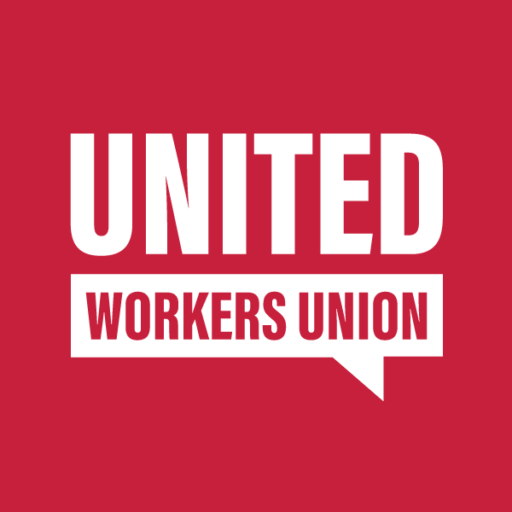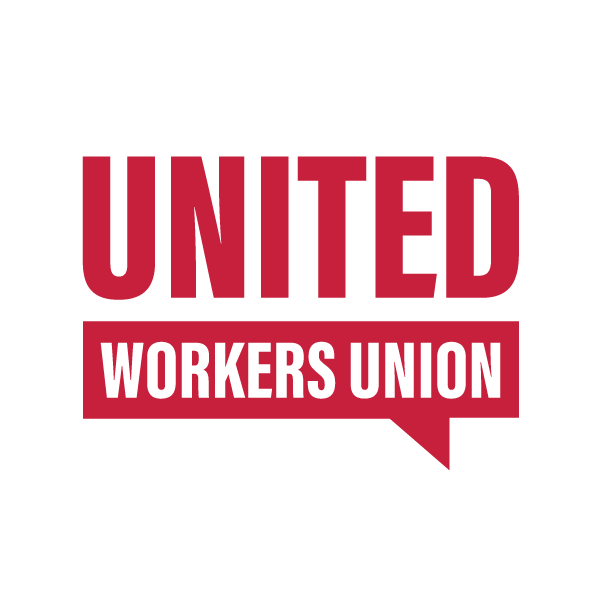After 30 years of outsourced cleaning in NSW schools and government buildings a significant warning has been issued by the NSW Anti-slavery Commissioner that these arrangements pose a serious modern slavery risk, with the Commissioner suggesting the NSW Government considers returning cleaners to direct government employment to address the problem.
In a recent speech to the Inaugural Anti-slavery Forum, the Commissioner, Dr James Cockayne, highlighted the high risk of modern slavery within the cleaning sector and noted his advocacy to the NSW government regarding outsourced school cleaning:
“I wrote recently to several NSW government ministers and the school’s cleaning review group, encouraging them to consider what steps could be reasonably taken to reduce modern slavery risks for the 7,000 cleaners that clean New South Wales schools, many of whom do exhibit signs of deceptive recruiting, debt bondage, or even forced labour,” Dr Cockayne said.
“And one approach here could simply be to change the business model for the supply of these services from reliance on external vendors and labour hire contractors, which as I mentioned are not licenced in New South Wales, to insourcing cleaning and janitorial services.”
Dr Cockayne’s call for action is a reminder to governments and businesses that the risks of modern slavery are present in industries domestically, not just in offshore supply chains.
The call has also been made public ahead of tomorrow’s International Justice Day for Cleaners and Security Guards, a day in which low-paid workers in these roles demand fair pay and better treatment for the difficult, dangerous work they do.
The cleaners’ union, the United Workers Union, has been raising issues about the workload, employment conditions and safety of cleaners in NSW and Victoria. Surveys conducted by the union in NSW show that cleaners employed under the current contracts entered into by the former government are expected to complete more than 600 tasks a day, often lack the equipment and supplies to do the job safely, frequently deal with bullying and harassment and even have issues receiving the correct pay.
“School and government building cleaners are frequently drawn from vulnerable migrant communities and are disproportionately women,” United Workers Union Property Services Co-ordinator Lyndal Ryan said today.
“The message of the Anti-slavery Commissioner only reinforces what school cleaners have known for far too long: profit-driven cost-cutting contractors have completely failed in their duty of care to vulnerable workers.
“We welcome the NSW Anti-slavery Commissioner’s recommendation that NSW Government take the Commissioner’s advice and employ cleaners directly.
“We hope to work with the Minns Labor Government to address these serious issues, which would stand in stark contrast with the former Premier Dom Perrottet, who refused to even meet with NSW school cleaners.”
Background
The NSW Anti-Slavery Commissioner has introduced guidance for mandatory NSW Government procurement practices to address NSW Government agencies’ potential involvement in modern slavery.
The guidance says NSW Government entities should consider the regulatory context in which they obtain services, vulnerable communities or workers, and supply chains that facilitate exploitation
The cleaning contracts entered into by the former government expire at the end of 2024. The NSW Government is currently reviewing the contracting model through the School Cleaning Services Review Group, of which the United Workers Union is a participating member.
School cleaners in NSW are often drawn from migrant communities, and often bear the weight of the contractors’ unrealistic expectations. The union has documented:
- A single mother from a migrant background allotted as the only worker to clean a primary school including 14 classrooms and six separate toilet areas. She works an hour unpaid each day to meet her workload.
- High workloads across schools based on implementation of unforgiving contract specifications, demanding cleaners perform an average of more than 600 tasks a day.
- Continual cost cutting resulting in hours being cut from school cleaning: in a survey in April, 53 per cent reported hours were being cut; 74 per cent reported they were marked down or criticised by the contractor.
- Low wages impacting on health and other essential bills: in the same survey 76% said they were delaying medical treatment; 53 per cent said they were skipping meals.

